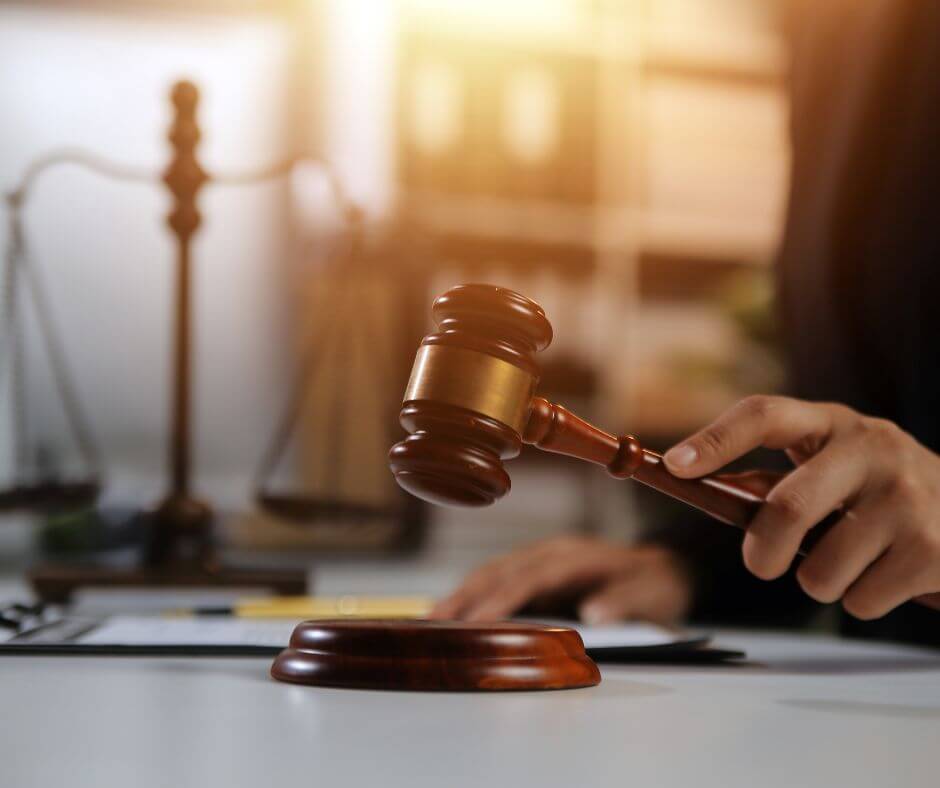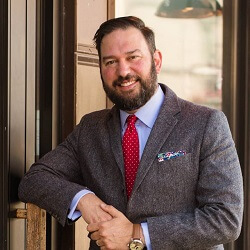
Have you ever walked through a store, gas station, or mall and noticed something potentially hazardous that made you cautious about your next step? Perhaps it was a slippery floor without a warning sign or an area so poorly lit you couldn’t see where you were going.
In Georgia, these scenarios don’t just pose physical risks; they can also lead to legal actions under premises liability law. Understanding what constitutes dangerous property conditions is crucial for anyone who has suffered injuries due to such negligence.
This blog post will explore various environments where these hazardous conditions occur and discuss how these settings could lead to a valid premises liability claim.
Reach out to us today at (770) 988-5252 for a comprehensive case review and discover how we can help you.
What Constitutes a Dangerous Property Condition?
In Georgia, a dangerous property condition presents a foreseeable risk of harm to those who enter the premises, and the property owner has failed to take reasonable steps to mitigate this risk.
It can include anything from structural defects and maintenance failures to temporary hazards like wet floors or icy walkways. It’s not just about having a hazardous condition present; it’s about whether the property owner knew, or should have known, about the issue and did nothing to correct it.
A dangerous condition example might be a broken stairwell railing that has been reported but not fixed, posing a risk of severe injury.
Negligent Security and Premises Liability
Negligent security is a critical aspect of premises liability that often gets overlooked until it’s too late. This term refers to the failure of property owners to provide adequate security measures in places known to be at high risk for criminal activity.
In Georgia, property owners must ensure their premises are safe from physical hazards and foreseeable criminal acts.
If a gas station in a high-crime area lacks proper lighting or surveillance cameras or a mall does not employ security guards despite previous incidents of violence, this can be negligent security.
Such oversight can make the property owner liable if someone is hurt due to inadequate security, highlighting the broader implications of what might constitute hazardous conditions in premises liability cases.
Common Dangerous Conditions in Specific Locations
Each type of commercial property presents unique challenges and potential hazards. Understanding these can help identify when a premises liability claim might be warranted. Some of the most common locations where premises liability incidents occur include the following.
Retail Shops and Grocery Stores
Retail environments are prone to various hazards. Slippery floors from spills or recently mopped areas are common and should be clearly marked with warning signs. Obstructed aisles can cause trips and falls.
Additionally, improperly secured items on high shelves pose a risk of falling and causing injuries. These examples of dangerous property conditions can form the basis of a liability claim if not addressed promptly by the store management.
Gas Stations
These locations can be particularly hazardous due to flammable materials and vehicle traffic. Oil or gasoline spills not cleaned up quickly can create slip hazards. Poor lighting at night increases the risk of falls and makes these areas prime targets for criminal activities, compounding the need for adequate security measures.
Malls
Malls must manage the large crowds they attract, which can lead to several safety issues. Structural failures, such as broken escalators or elevators, can result in serious injuries. Overcrowded spaces may lead to stampedes during emergencies, necessitating clear and accessible exit routes and proper emergency response plans. The wide variety of stores and setups also requires consistent safety checks and maintenance to prevent accidents.
Legal Responsibilities of Property Owners
Georgia property owners have a legal duty to ensure their premises are safe for visitors. This duty involves regular inspections, prompt repairs of known hazards, and adequate security measures to prevent foreseeable crimes.
Failure to meet these obligations can lead to a premises liability claim. Property owners must proactively assess and address potential risks before they lead to injuries. This requirement is the duty of care. Property owners can be liable for the injured party’s damages when they breach their duty of care.
How to Prove a Premises Liability Claim
Proving a premises liability claim in Georgia involves demonstrating several key elements:
- The existence of a dangerous condition,
- The property owner’s knowledge of this condition, and
- A failure to address it adequately.
Victims must show that the property owner or manager knew or should have known about the hazardous condition and neglected to take reasonable steps to rectify it. Evidence plays a crucial role in these cases.
Photographs of the hazard, witness statements, incident reports, and maintenance records can all support a claim. Additionally, it’s crucial to establish that the hazardous condition directly caused the injury. This direct link is vital for a successful premises liability claim.
Contact MG Law
If you or someone you know suffered injuries due to dangerous property conditions, seeking experienced legal help is crucial.
The attorneys at MG Law understand the complexities of premises liability cases in Georgia and are dedicated to helping you fight for the compensation you deserve. Don’t let the negligence of property owners go unchecked.
Contact us today at (770) 988-5252 for a thorough review of your case and to learn how we can assist you in holding the responsible parties accountable.

